The Desperate Plight of Petrostates
Once so wealthy from oil sales that they could finance wars, megaprojects, and domestic social peace simultaneously, Russia, Saudi Arabia and others are now beset by internal strife or are on the brink of collapse as oil prices remain at ruinously low levels.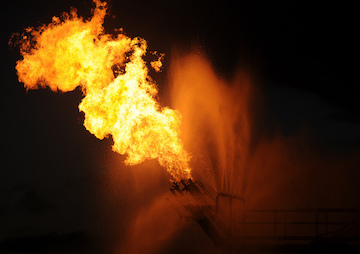 Deepwater Horizon Response / CC BY-ND 2.0
1
2
3
Deepwater Horizon Response / CC BY-ND 2.0
1
2
3
Venezuela: A Nation on the Brink
Venezuela claims the world’s largest proven reserves of petroleum, an estimated 298 billion barrels of oil. In past decades, the exploitation of this vast fossil fuel patrimony has ensured incredible wealth for foreign companies and Venezuelan elites alike. After assuming the presidency in 1999, however, Hugo Chávez sought to channel the bulk of this wealth to Venezuela’s poor and working classes by forcing foreign firms to partner with the state-owned oil firm PdVSA and redirecting that company’s profits to government spending programs. Billions of dollars were funneled into state-directed “missions” to the poor, lifting millions of Venezuelans out of poverty. In 2002, when the company’s long-serving managers rebelled against these moves, Chávez simply replaced them with his own party loyalists and the diversion of funds continued.
In the wake of the ousting of that original management team, the country’s oil production began to decline. With prices running at or above $100 per barrel, this initially seemed to make little difference as money continued to pour into government coffers and those missions to the poor kept right on going. What Chavez didn’t do, however, was create the national equivalent of a rainy-day fund. Little of the oil money was channeled into a sovereign wealth fund for more problematic moments, nor was any invested in other kinds of industries that might in time have generated streams of non-fossil-fuel income for the government.
As a result, when prices began to drop in the fall of 2014, Chavez’s presidential successor, Nicolás Maduro, faced a triple calamity: diminished revenues for social services, scant savings to draw upon, and no alternative sources of income. Not surprisingly, as a new impoverishment spread, many former Chavistas lost faith in the regime and, in last December’s parliamentary elections, voted for emboldened opposition candidates.
Today, Venezuela is a nation living under an officially declared “state of emergency,” politically riven, experiencing food riots and other violence, and possibly on the brink of collapse. According to the IMF, the economy contracted by 5.7% in 2015 and is expected to diminish by another 8% this year — more, that is, than any other country on the planet. Inflation is out of control, unemployment and crime are soaring, and what little money Venezuela had in its rainy-day account has largely been spent. Only China has been willing to lend it money to pay off its debts. If Beijing chooses to hold back when the next payments come due this fall, the country could face default. Opposition leaders in the National Assembly seek to oust Maduro and move ahead with various reforms, but the government is using its control of the courts to block such efforts, and the nation remains in a state of paralysis.
Nigeria: Continuing Disorder
Nigeria possesses the largest oil and natural gas reserves in sub-Saharan Africa. The exploitation of those reserves has long proved immensely profitable for foreign companies like Royal Dutch Shell and Chevron and also for well-connected Nigerian elites. Very little of this wealth, however, has trickled down to those living in the Niger Delta region in the south of the country where most of the oil and gas is produced. Opposition to the central government in Abuja, the capital, to which the oil income flows, has long been strong in the Delta, leading to periodic outbursts of violence. Successive federal administrations have promised a more equitable allocation of oil revenues, but a promise this has remained.
From 2006 to 2009, Nigeria was wracked by an insurgency spearheaded by the Movement for the Emancipation of the Niger Delta, a militant group seeking to redirect oil revenues to the country’s impoverished southern states. In 2009, when President Umaru Musa Yar’Adua offered the militants an amnesty and monthly cash payments, the insurgency died down. His successor, Goodluck Jonathan, a southerner, promised to respect the amnesty and channel more funds to the region.
For a while, high oil prices enabled Jonathan to make good on some of his promises, even as entrenched elites in Abuja continued to pocket a substantial percentage of the country’s petroleum income. When prices began to plummet, however, he was confronted with mounting challenges. Pervasive corruption turned people against the government, feeding recruits into Boko Haram, the terror movement then growing in the country’s northern reaches; money intended for soldiers in the Nigerian army disappeared into the pockets of military elites, subverting efforts to fight the insurgents. In national elections held a year ago, Muhammadu Buhari, a former general who vowed to crack down on corruption, rescue the economy, and defeat Boko Haram, took the presidency from Jonathan.
Since assuming office, Buhari has demonstrated a grasp of Nigeria’s structural weaknesses, especially its overwhelming dependency on oil monies, along with a determination to overcome them. As promised, he has launched a serious crackdown on the sort of corruption that is a commonplace feature of petro-states, firing officials accused of blatant thievery. At the same time, he has stepped up military pressure on Boko Haram, for the first time putting a crimp in that group’s brutal activities. Crucially, he has announced plans to diversify the economy, placing more emphasis on agriculture and non-fossil-fuel-related industries, which might, if pursued seriously, help diminish Nigeria’s increasingly disastrous reliance on oil.
Your support matters…Independent journalism is under threat and overshadowed by heavily funded mainstream media.
You can help level the playing field. Become a member.
Your tax-deductible contribution keeps us digging beneath the headlines to give you thought-provoking, investigative reporting and analysis that unearths what's really happening- without compromise.
Give today to support our courageous, independent journalists.
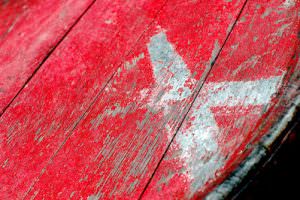
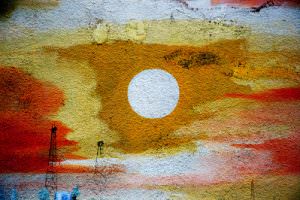

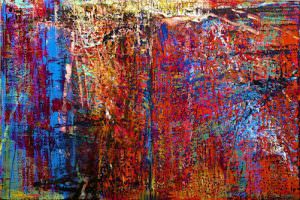
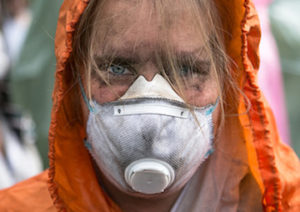
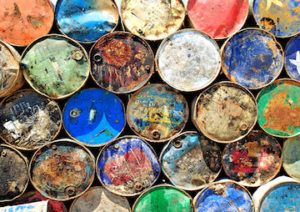
You need to be a supporter to comment.
There are currently no responses to this article.
Be the first to respond.